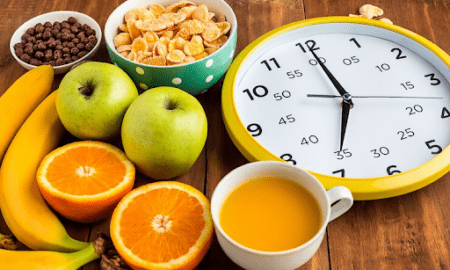Several studies have investigated the relationship between anabolic and recreational drug use and sleep. Various surveys of anabolic steroid users show sleep disturbances. One survey of 500 steroid users found that half reported having insomnia.13 Men on testosterone-replacement therapy showed an increase in stage-four sleep, along with longer times to REM sleep. High-dose testosterone reduced sleep time and lowered sleep efficiency and the percentage of non-REM sleep but increased stage-two sleep. Other studies link an increase in sleep apnea, or temporary stoppage of breathing during sleep, with high-dose testosterone use. One theory suggests that the increased nighttime metabolism induced by high-dose testosterone leads to poorer sleep quality. The most recent study featured three groups: 1) 20 current steroid users; 2) 21 controls with no history of steroid use; 3) 17 sedentary men with no sleep disorders.14
All three groups were examined in a sleep lab, using devices that monitor sleep activity. The steroid group had more reduced sleep efficiency and more wakings after they fell asleep than the sedentary group. Those in the sedentary group experienced a higher percentage of stage-four sleep than the nonusers, who lifted weights but didn’t use steroids. Steroid users and nonusers alike showed a higher percentage of stage-two sleep than the sedentary group, and both exercise groups had the same amount of stage-four sleep.
What it all adds up to is that those who engage in weight training, whether they use steroids or not, spend more time in the lighter sleep stages than those who don’t work out. Steroids may adversely affect the activity of serotonin, a brain neurotransmitter involved in sleep. Steroid users with higher estrogen levels, due to the conversion of androgens such as testosterone into estrogen by way of the enzyme aromatase, may have a downregulation of GABA receptors in the brain. That would adversely affect sleep because GABA is the brain’s primary inhibitory neurotransmitter. Most drugs prescribed to treat insomnia interact with the GABA receptor.
High-intensity training without sufficient recovery between training sessions may produce sleep disorders through increased sleep fragmentation—that is, lack of smooth transitions between sleep stages—with more time in the less restful stage-two sleep than in the deeper, more restorative sleep stages. Of course, the scenario adds to the overtraining syndrome because of increased cortisol and other stress hormones that would normally be degraded during deep sleep.
Other drugs—not typically used by rational bodybuilders—also have the potential to adversely affect sleep.15 As you might expect, most stimulant drugs play havoc with sleep. Notable in this regard is cocaine, which increases wakefulness while suppressing REM sleep. That contributes to the well-known fatigue experienced the day after an evening coke binge. Coke also fosters nightmares, and the negative effects continue through sustained abstinence. MDMA, or ecstasy, is an amphetaminelike compound that leads to persistent sleep disturbances. Consistent use of the drug selectively destroys serotonin receptors in the brain, resulting in permanent brain damage that includes sleep disturbances. Smoking marijuana reduces restful REM sleep; however, pot also promotes sleep and increases stage-four sleep. On the other hand, people who experience marijuana withdrawal consistently report difficulty sleeping and strange dreams.
Although not in the category of recreational drugs, any type of nonsteroidal anti-inflammatory drug, such as ibuprofen—trade names, Advil and Motrin—may also seriously disturb sleep if taken at bedtime. NSAIDS, most often taken to reduce pain, wreak havoc on sleep by preventing the lowering of core body temperature that acts as a primary sleep signal and by suppressing the release of melatonin. The theory is that NSAIDs disturb sleep by interfering with the synthesis of prostaglandins involved in the sleep process.16IM




















You must be logged in to post a comment Login